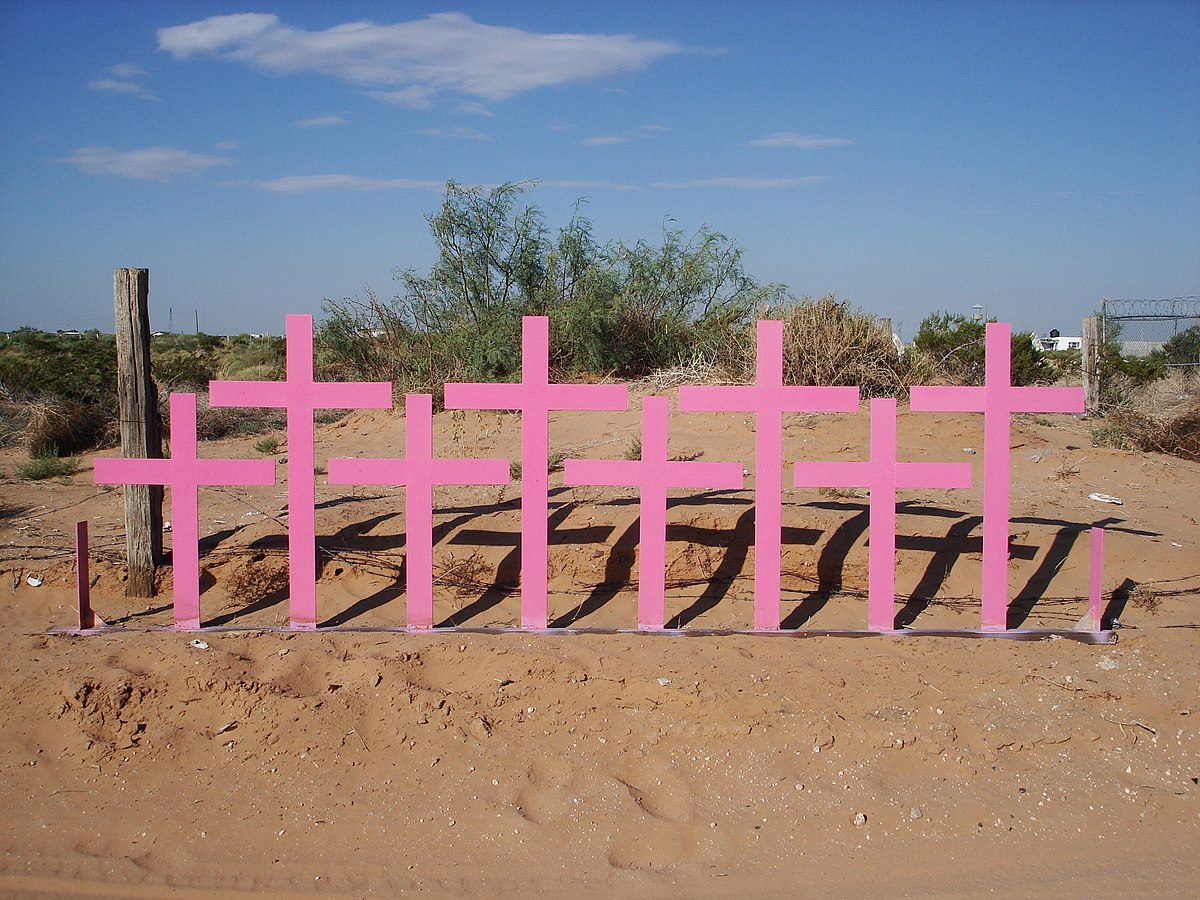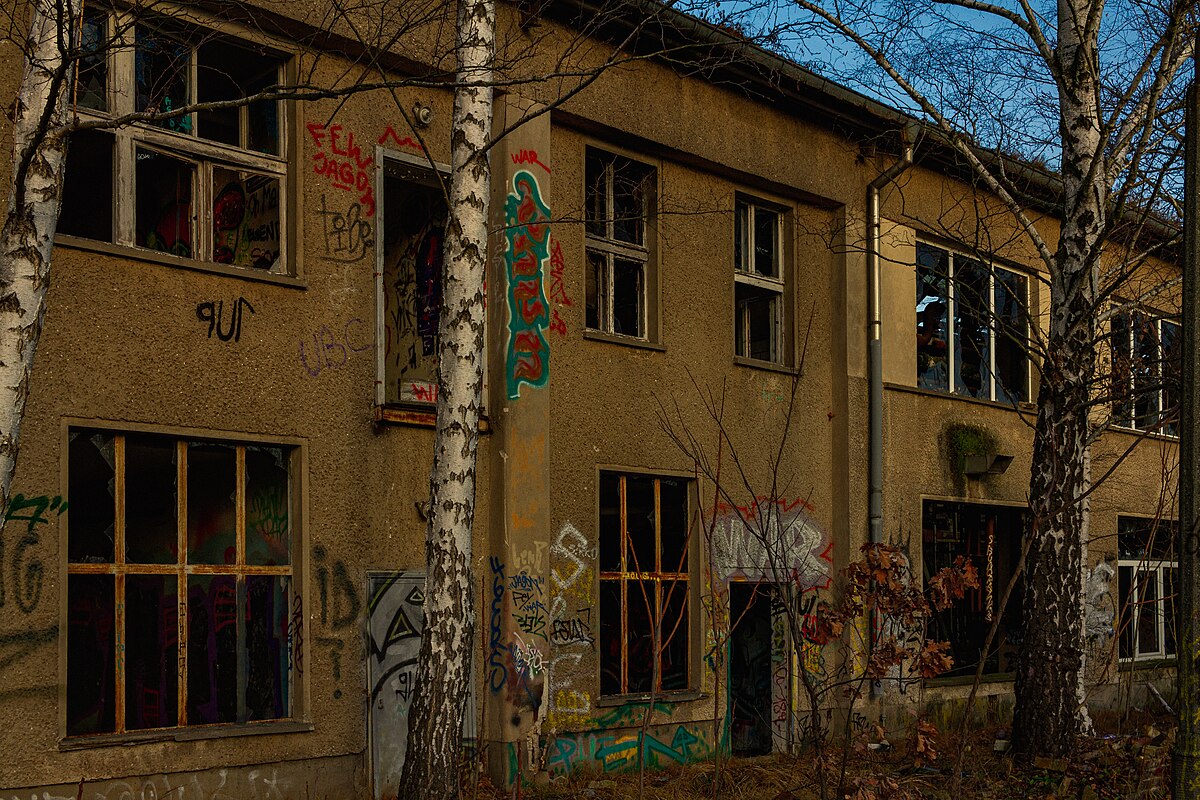
The competitive fishing world is in an uproar. Some of the participants in the Lake Erie Walleye Trail Tournament were found to have artificially weighted their catches by stuffing them with lead and other fish. This isn’t the only sports cheating scandal making headlines. Recently, the world of elite chess was rocked by a scandal alleging that one competitor used remote-controlled vibrating beads (logged in his nether region) to take direction from his coach about what chess moves to make. While these stories are as different as night and day, they do give us an opportunity to consider the violation of social norms or deviance from a sociological perspective.
The first thing to understand about deviance is that it is socially constructed and relative to time, place, and culture. What is considered deviant in one society isn’t necessarily deviant in another. Similarly, what was deviant 50 years ago might not be viewed as deviant today. Tattoos were considered deviant by mainstream society in the past, but today, 42% of Americans have tattoos and even the U.S. military crafted a policy allowing them to be visible.

Deviance is not the same thing as a crime, an offense in violation of public law. Murder, rape, and robbery are types of index crimes, the eight forms of criminal behavior used by the FBI to create the Uniform Crime Report. These crimes do real harm to the society, and they should be treated accordingly. On the other hand, just because someone is “different” from you doesn’t mean that their difference is deviance. Nor does it mean that their difference is worthy of action from the criminal justice system, the formal institutions designed to enforce, arbitrate, and carry out the laws of the society. The criminal justice system includes organizations of formal social control, commonly identified as groups and organizations whose specific function is to control the behavior of members of societies and reinforce social norms. The police, Child Protective Services (CPS), and the Federal Bureau of Investigation (FBI) are all under the umbrella of formal social control. Arguably, these agencies should only be called in the most extreme cases of deviance. That should not include an African American pastor getting arrested for watering his neighbor’s flowers. Arguably, this arrest illustrates what happens when social stigma, a label associating an individual with a set of unwanted characteristics that form a stereotype, and differential justice, differences in how groups are treated in the criminal justice system, collide.

Not all social control comes from formal organizations. In fact, informal social control is the most prevalent in society and involves individuals and groups that unofficially reinforce social norms. If you can hear your parent’s voice in your head reminding you to buckle up when you drive, or you choose not to wear an outfit because you don’t want to be gossiped about in your sorority or fraternity, you are experiencing informal social control.
This brings us back to the fishing and chess scandals. Where do they fall in the world of deviance? Clearly, they are not worthy of capital punishment, a penalty for criminal behavior that results in the death of the perpetrator. Are they evidence of anomie, the breakdown of social values, norms, and order resulting in social instability? Probably not. In the end, these incidents highlight the fact that we as a society have a set of shared attitudes, beliefs, and ideas about how things should be in society. Fundamentally, this collective conscience says that cheating to win just isn’t right.
Thompson is a co-owner of UITAC Publishing. UITAC’s mission is to provide high-quality, affordable, and socially responsible online course materials.
Images used in this blog:
- “Person Fishing” by Lum3n is licensed on Pixabay. This image has not been altered.
- “Judgement scale and gavel in judge office” by Sora Shimazaki is licensed on Pixabay. This image has not been altered.
- “Man Holding Chess Piece” by Pixabay is licensed on Pixabay. This image has not been altered.




